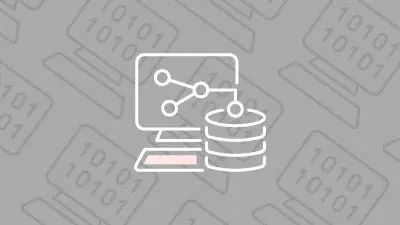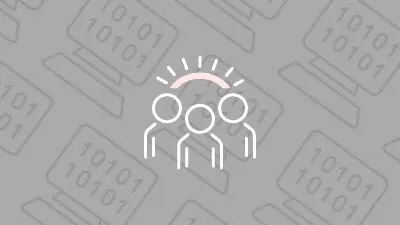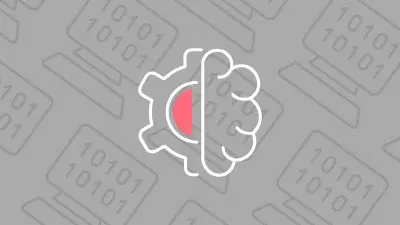Course Overview
Does the exciting world of smartphones, chatbots and digital assistants like Siri and Alexa excite you? Then Artificial Intelligence (AI) is the course for you!
We see AI transforming our daily lives. From analysing online search patterns, identifying your favourite movie genres and shopping habits, powering autonomous vehicles, and accelerating the development of vaccines for COVID-19, AI is vital to Singapore’s drive towards becoming a Smart Nation.
Learn about the fundamental concepts of AI, how it can be applied, and how smart applications can be created. Deepen your knowledge in AI with subjects such as machine and deep learning. With our broad-based curriculum, you will be equipped with the necessary skills to develop smart applications useful for commercial businesses, healthcare, education, transportation and manufacturing.
Join us and be at the forefront of creating new technologies for tomorrow!
Get the opportunity to attain the certifications(s) below through your course of study:
- NVIDIA Certificate in Fundamentals of Deep Learning
- SCS + IMDA Certificate in AI Ethics & Governance
- UIPath Certified RPA Associate
AWS Cloud Practitioner Certification
Many companies are now placing their information on the cloud, as well as creating applications and services on the cloud. Due to cloud computing, we are seeing a big shift from the traditional way businesses think about IT resources. Cloud Computing professionals are in high demand in the IT industry. The AWS Certified Cloud Practitioner offers a foundational understanding of AWS Cloud concepts, services, and terminology.
The School of Informatics & IT curriculum prepares students to acquire the AWS certified cloud practitioner qualification. Industry-recognised certificates give students and prospective employers an added confidence about the cloud proficiency of graduates.
Supported by:

/IIT-t69-banner.webp)







/IIT-t60-tn.webp)





